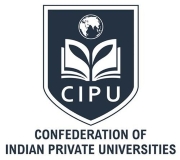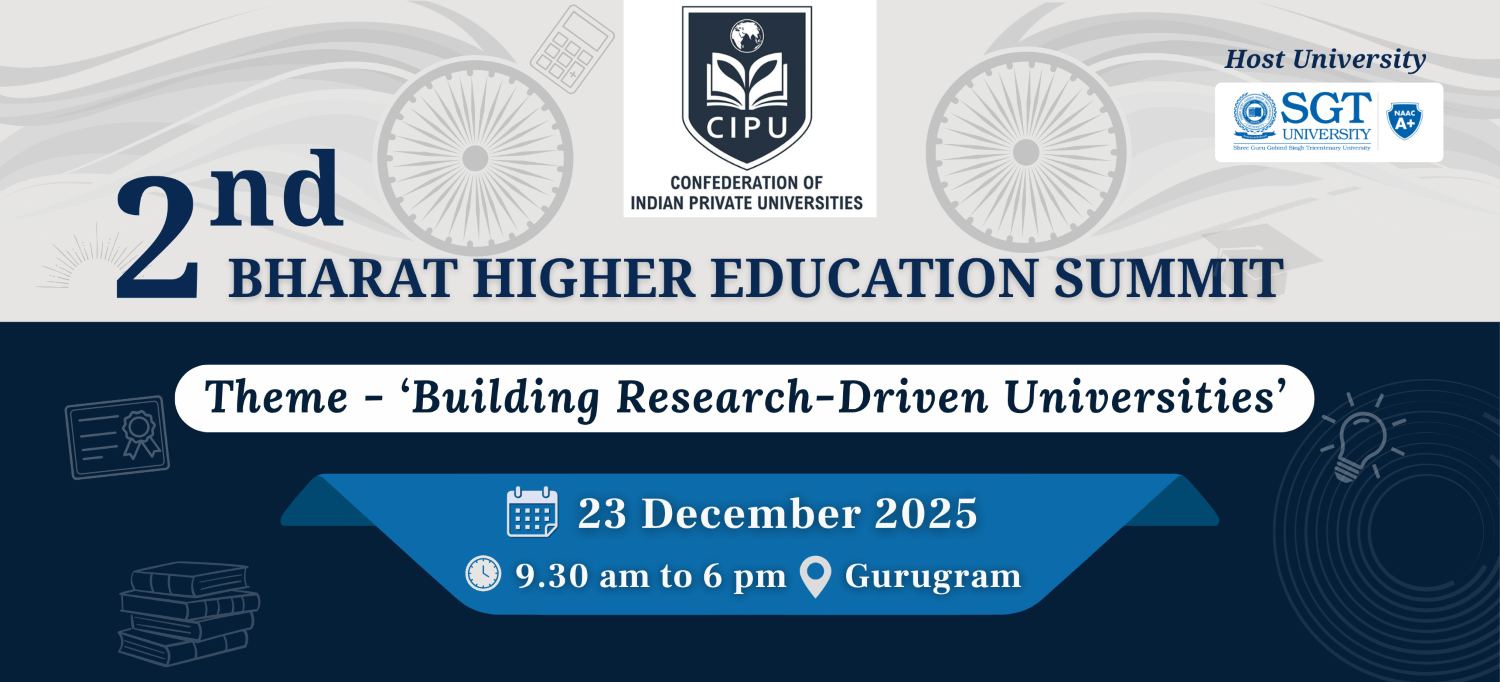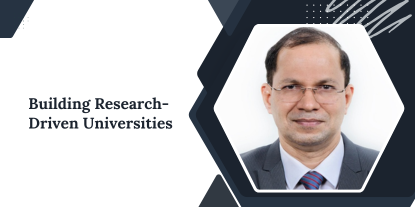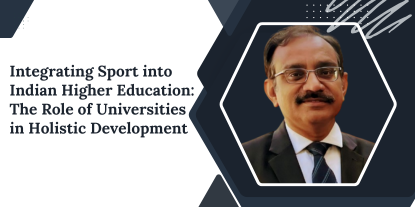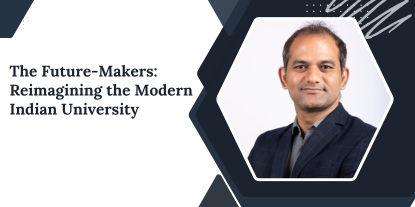
|
Dr. Kiran Ravulakollu
Dean – School of Engineering & Technology, MNR University |
Redefining the Role of Higher Education
In today’s rapidly evolving world, the purpose of a university can no longer be confined to producing employable graduates. Higher education must aim to cultivate thinkers, innovators, and citizens—individuals capable of leading purposeful, ethical, and transformative lives. Achieving this requires a fresh, bold philosophy—one rooted in academic freedom, interdisciplinary inquiry, and holistic development.
Academic Freedom: The Engine of Innovation
At the heart of any progressive educational ecosystem is academic freedom—the liberty to teach, explore, question, and create. When faculty are trusted to go beyond prescribed syllabi, they become co-creators of knowledge. They tailor learning to real-world contexts, challenge conventional thinking, and nurture independent inquiry. Students, in turn, gain the confidence to explore ideas freely, ask better questions, and take charge of their own intellectual evolution.
This freedom transforms classrooms into collaborative, curiosity-driven spaces—where learning is no longer a transaction but a shared pursuit of excellence.
Case for Interdisciplinarity
The most urgent challenges of our time—climate change, data ethics, sustainable development—do not come neatly labelled by discipline. They demand complex thinking, diverse perspectives, and integrated problem-solving. A modern curriculum must reflect this complexity by bridging the gaps between science, technology, humanities, and design.
Interdisciplinary education trains students to understand systems, connect dots, and develop solutions that are not only innovative but also ethical and inclusive. It equips them to think beyond silos—and act with empathy, precision, and foresight.
Rethinking Technology: From Tools to Thinking Systems
Too often, educational technology is viewed solely through the lens of digitalisation. But the real transformation lies in how technology reshapes our ways of thinking. The future of education is not just about access to devices—it is about analytical literacy.
Students today must learn to interpret data, model real-world systems, and make decisions using predictive insights. From artificial intelligence and simulation to behavioural analytics and computational design, technology must be treated as a cognitive framework—a new grammar of thinking that is as applicable to the arts as it is to engineering.
Learning Beyond Classroom
True education is never confined to the classroom. The co-curricular domain—sports, performing arts, student-led initiatives, and community service—is where character is tested, confidence is built, and leadership is forged. These spaces allow students to engage with the world, discover their passions, and shape their identities.
In a diverse and democratic nation like India, these experiences are vital. They help students develop resilience, cultural sensitivity, and a collaborative spirit—traits that are essential for building inclusive and impactful futures.
Human Relationships Matter
Education is not just about curriculum—it’s about connection. Faculty must serve not just as experts, but as mentors and guides. When teachers invest in the emotional and intellectual well-being of their students, education becomes a transformational experience. These relationships, grounded in trust and empathy, humanise the university experience and inspire lifelong learning.
Impact That Goes Beyond Degrees
The outcomes of this philosophy are far-reaching. It produces graduates who are not only highly skilled, but deeply thoughtful. Individuals who can balance innovation with integrity, and ambition with responsibility. These are not just job-ready professionals—they are nation-builders, equipped to serve India and the world with vision and courage.
MNR University: A Living Model of This Vision
MNR University (MNRU) stands as a compelling real-world example of how this educational philosophy is being brought to life. As a multi-disciplinary, innovation-driven institution, MNRU embraces academic freedom, analytical thinking, and whole-person development at every level.
Its schools blend technology with ethics, data with design, and theory with application. Students learn through projects, dialogue, and collaboration across disciplines. Faculty are encouraged to innovate, challenge, and mentor deeply. Co-curricular life thrives through sports, cultural programs, and leadership platforms—nurturing confident, creative, and compassionate individuals.
MNRU proves that the modern Indian university can be a space of excellence, purpose, and transformation. It offers not just a model for higher education—but a movement toward building the next generation of ethical innovators, visionary leaders, and responsible citizens.
